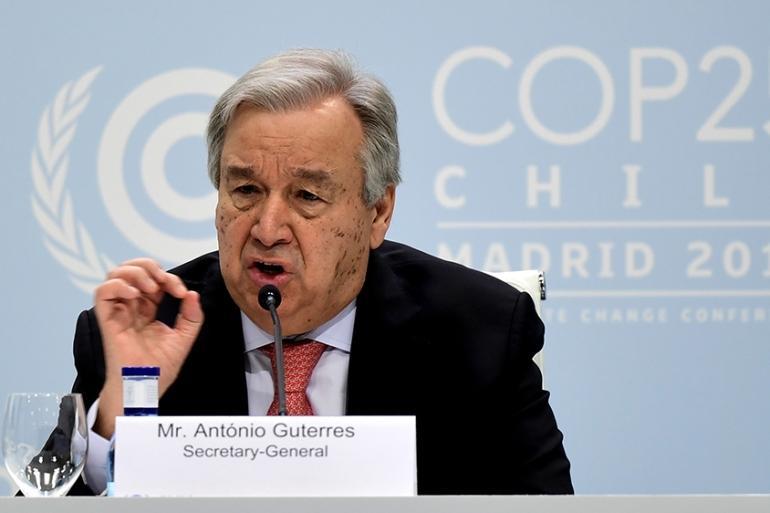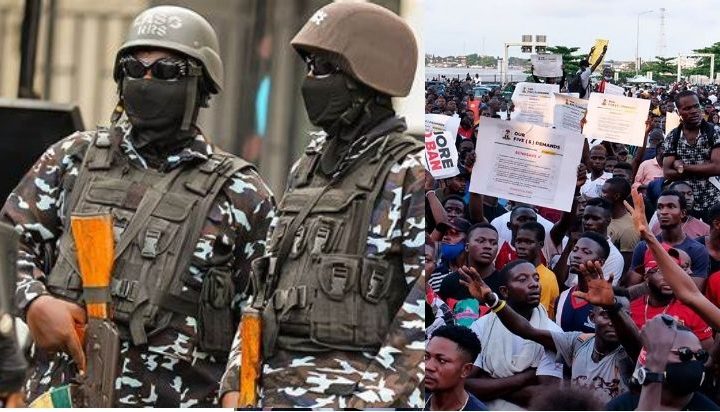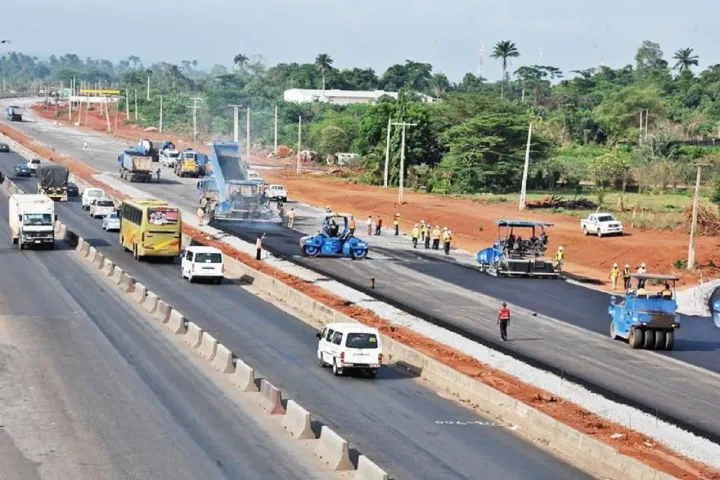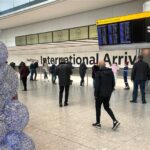Dozens of countries, including the UK, Canada, and others have imposed travel bans on many Africa countries following the emergence of the new COVID-19 Omicron Variant.
Speaking on the global response to the Omicron Variant, United Nations Secretary-General Antonio Guterres described the bans as “travel apartheid.”
Join our WhatsApp ChannelGuterres’ position comes as Nigerian government demanded a reversal of the travel ban and asked the United Kingdom to remove the country from the ‘ Red List’
The UK had added Nigeria to its red list countries and will enforce stricter entry rules starting Monday, December 6 over concerns of an outbreak of the Omicron variant of the COVID-19 virus.
In a statement via his verified Twitter handle, the UK Secretary of State for Health, Sajid Javid, wrote that only residents and citizens of the UK and Ireland travelling from Nigeria would be allowed entry into the region, adding that they will have to quarantine at their arrival.
The UN chief said: “We have the instruments to have safe travel,” Secretary-General Antonio Guterres said, speaking to reporters in New York.
“Let’s use those instruments to avoid this kind of, allow me to say, travel apartheid, which I think is unacceptable.”
The bans that isolate any one country or region are “not only deeply unfair and punitive, they are ineffective,” he added.
The Nigerian high commissioner to London, Sarafa Tunji Isola, said he agreed with the UN secretary general, António Guterres, who criticised measures imposed by various countries against African nations as “travel apartheid”.
Isola told BBC Radio 4’s Today programme: “The reaction in Nigeria is that of travel apartheid. Because Nigeria is actually aligned with the position of the UN secretary general that the travel ban is apartheid, in the sense that we’re not dealing with an endemic situation, we are dealing with a pandemic situation and what is expected is a global approach, not selective.”
He added: “Omicron is classified as a mild variant – no hospitalisations, no deaths. So the issue is quite different from the Delta variant.
“I mean, the position has to be taken based on scientific and empirical evidence. It is not a kind of panicky situation. We must have the facts.
“We understand the difficulties that’s created by these travel restrictions, but we’re trying to buy a little bit of time so that our scientists at Porton Down can work on the virus and assess how difficult it’s going to be for us to cope with as a country.”


















Follow Us